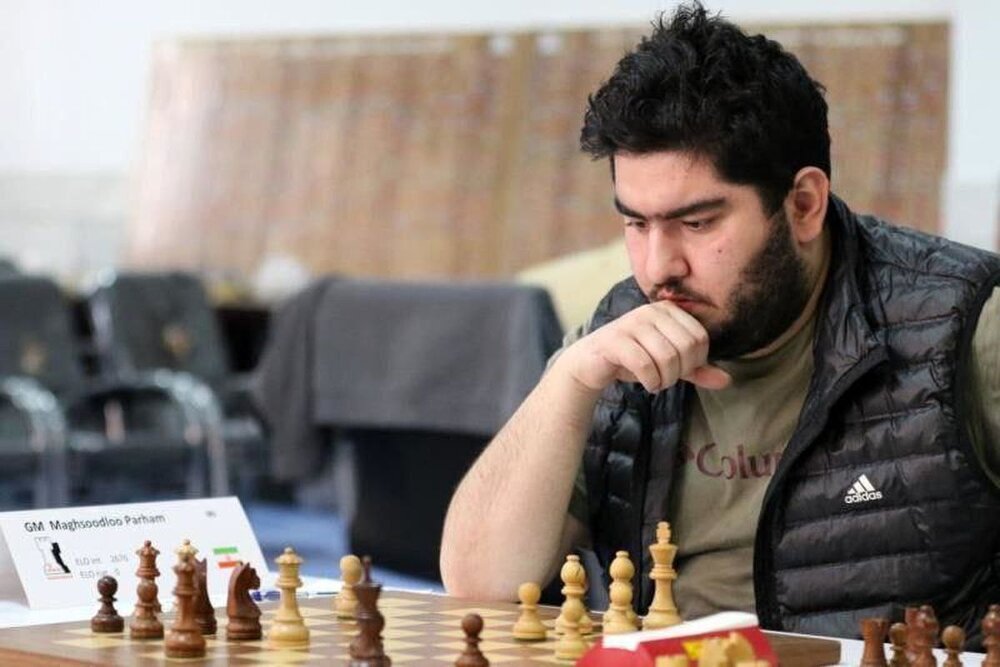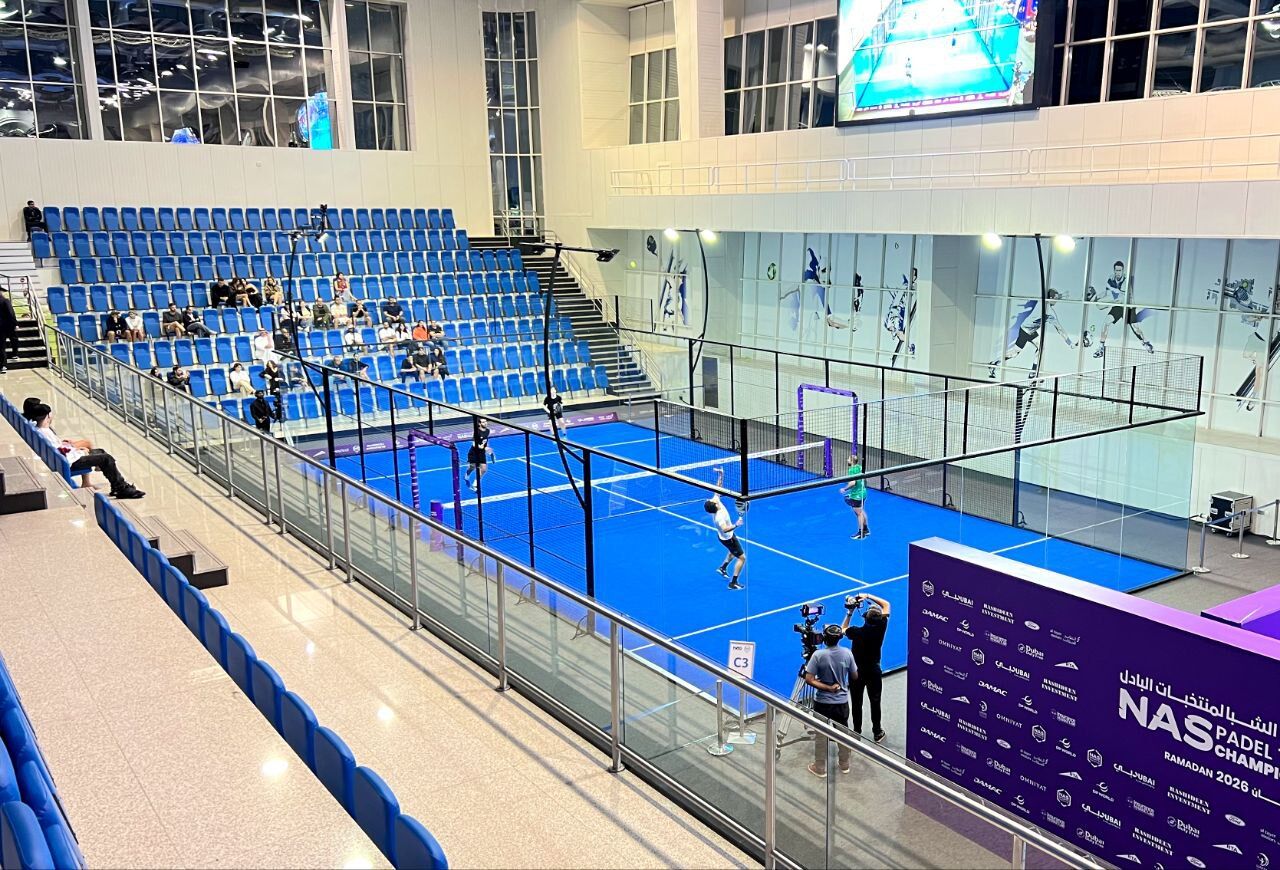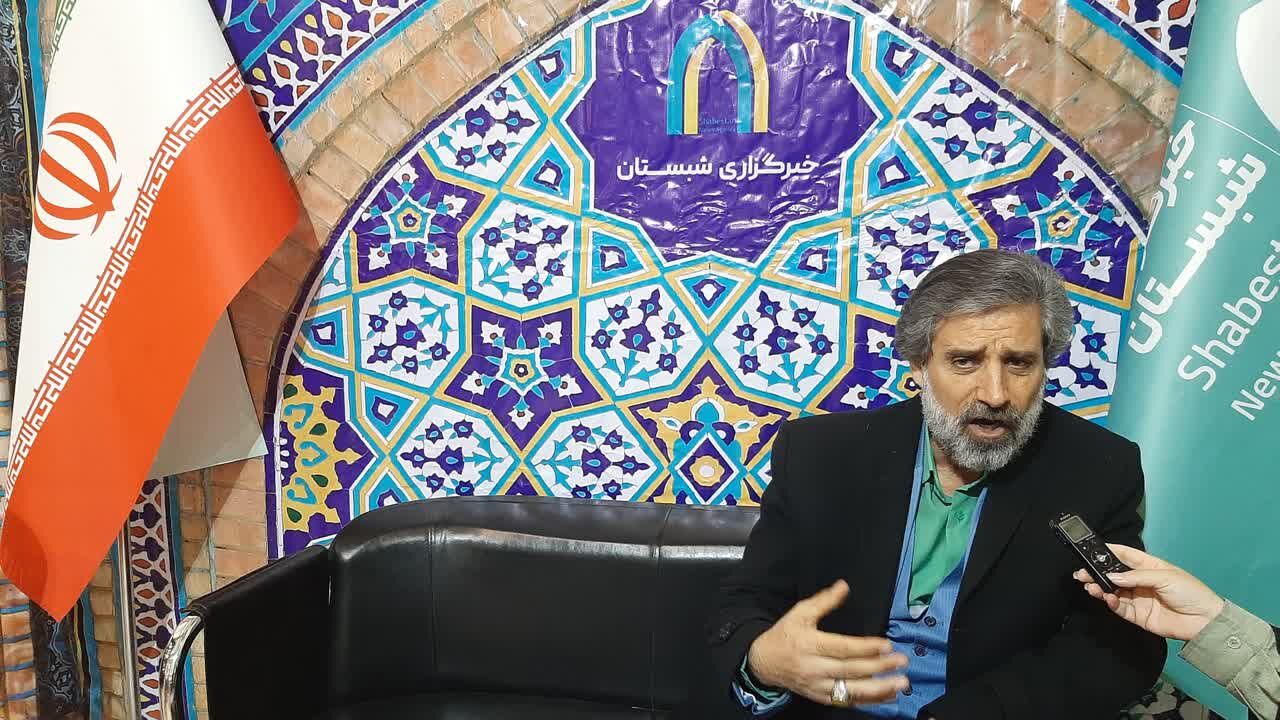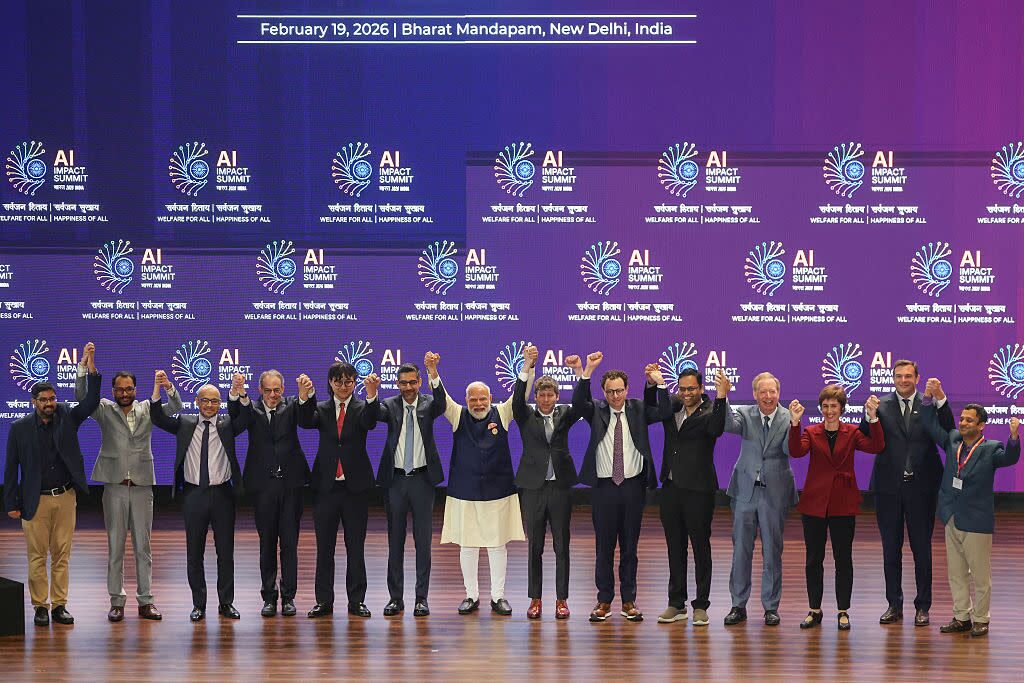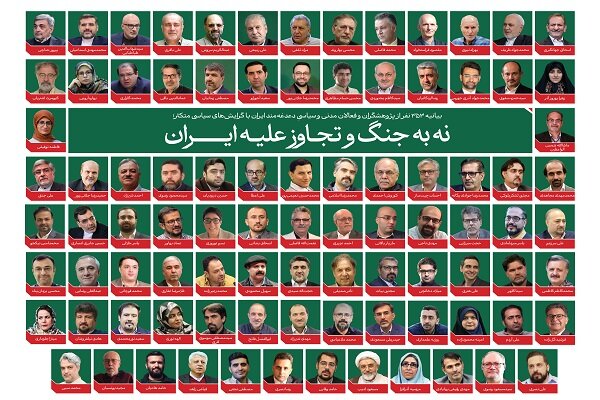'I saw death': Arab bus drivers in Israel fear for their lives amid football fan violence
'I saw death': Arab bus drivers in Israel fear for their lives amid football fan violence

Arab bus drivers in Israel are fearing for their lives and increasingly avoiding going to work, as violent attacks by Israeli football fans - especially after Beitar Jerusalem matches - continue to surge.
Drivers and labour representatives told Middle East Eye that they were seeing a recurring pattern in Jerusalem's Malha area, close to Beitar Jerusalem's Teddy Stadium, with chants and jeering regularly escalating into spitting, threats and beatings.
Majid Mabrouk, a senior representative of the drivers' union, said that the pattern had become so entrenched that workers dread working match days.
"What happens there is blatant racism against Arabs," he told MEE.
"It starts with shouts of 'Death to Arabs!' and 'Go to Gaza!' and then it becomes spitting, insults and physical assault. It has become routine."
Mabrouk said the situation had worsened in recent weeks, with unions recording nine attacks in 24 hours, including one in a central street and another inside a public bus.
"Anyone who tries to protect the drivers, even Jews, is targeted," he said. "The drivers are left to face this alone."
He said repeated requests for police patrols around stadium bus stations had gone unanswered.
'Most of the attacks happen when there's a football game [involving Beitar Jerusalem]. It's a constant occurrence'
- Muhammed Siyaj, bus driver
Muhammed Siyaj, a Palestinian bus driver from occupied East Jerusalem who was almost killed a few months ago after an Israeli football match, said Arab drivers feel increasingly unprotected and exposed.
"Most of the attacks happen when there's a football game [involving Beitar Jerusalem]. It's a constant occurrence," he told MEE.
"There's a lot of racism. A week ago, they opened the bus door, insulted me, threw a rock at me, and cursed at me."
Siyaj said neither the bus company nor the police had taken the situation seriously, despite repeated pleas for help.
"No one is offering us any kind of protection," he said.
"If the company cared, they would go on strike, even for just two or four hours, and stop the buses from running. Only then might they stop these behaviours."
'I could have been killed'
As one of Israel’s best-known football clubs, Beitar Jerusalem's fan base is closely associated with right-wing nationalist politics.
Its hardcore supporters' group, La Familia, has been widely criticised for racist chants and acts of violence, including the targeting of Arab players, fans and workers over more than a decade.
Israel's far-right national security minister, Itamar Ben Gvir, counts himself as a fan and is known to frequent matches.

Human rights organisations and former players have repeatedly urged club management and police to rein in the hooligans, but critics say enforcement has either not happened or is ineffective.
Among those who say they feared for their lives is Ahmad Qaraen, a bus driver who was violently attacked by a mob of Beitar Jerusalem supporters in June near Beitar's Teddy Stadium.
"I saw death with my own eyes," Qaraen told MEE.
"When the driver is faced with 150 settlers with knives and the police don’t intervene, how can you continue working?" he said, adding that he had no plans to return to his job.
"If I hadn't defended myself, I would have been killed. The assaults are ongoing. Every day I hear of new attacks. There is no protection from anyone, not the company and not the government."
'Drivers don't trust the police'
In recent years, violence against bus drivers in Jerusalem has risen more broadly, particularly against Palestinian residents of Jerusalem, who make up a large share of the transport workforce.
Many drivers say tensions in the country since the start of the Gaza war have made these encounters more volatile.
The national union Koach LaOvdim, which represents public transport workers, says attacks on drivers have risen by 30 percent in the past year. The union links the trend both to heightened political tensions and to a chronic shortfall in staffing, which leaves drivers working longer hours with crowded buses and little backup.
'Drivers no longer trust the police. More than 90 percent of complaints are closed. Even where there is video evidence, cases are dropped'
- Yaniv, union representative
Yaniv, a union representative, said most incidents are never prosecuted.
"Drivers no longer trust the police," he told MEE. "More than 90 percent of complaints are closed. Even where there is video evidence, cases are dropped."
He said some attackers appear to deliberately target Arab drivers.
"There are cases where they look for the Arab driver or the Arab supervisor and attack them," he said. "It is both racist and opportunistic."
The union says in some ultra-Orthodox neighbourhoods, young people have thrown stones at buses or vandalised drivers' break rooms. In several cases, drivers reported that their prayer mats had been torn or thrown away.
Union leaders say that the situation has deteriorated since Israel launched its genocidal war on Gaza, with drivers now refusing to work on match routes and discussing temporary suspension of bus services after games if no additional security is provided.
"If the authorities cannot protect the drivers, we will have to shut down lines," Yaniv said.
"The drivers will not continue working under these conditions."
Police response
For their part, Jerusalem police have said they are investigating recent incidents and working to identify suspects, but despite video footage of some of the perpetrators, no arrests have been made.
Meanwhile, drivers and union representatives say response times are slow, often 20 to 40 minutes, by which point the attackers have dispersed.
Mabrouk said the lack of action sends a message of impunity.
"The attacks continue because there are no consequences," he said. "We have been asking for protection for years. Nothing has changed."
For many drivers, the fear has become as constant as the work itself.
"When you leave for work, you don't know whether you'll return," Qaraen said. "It should not be dangerous to do your job."




